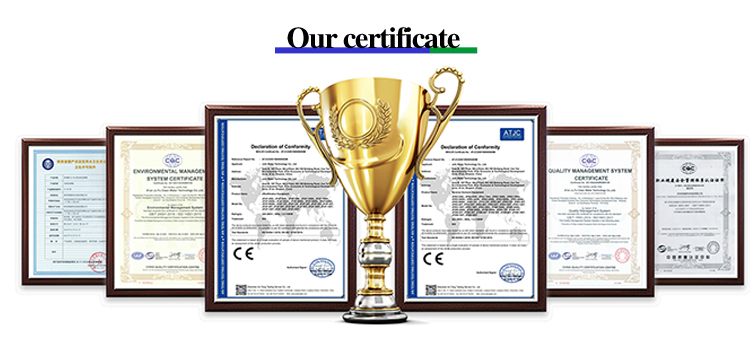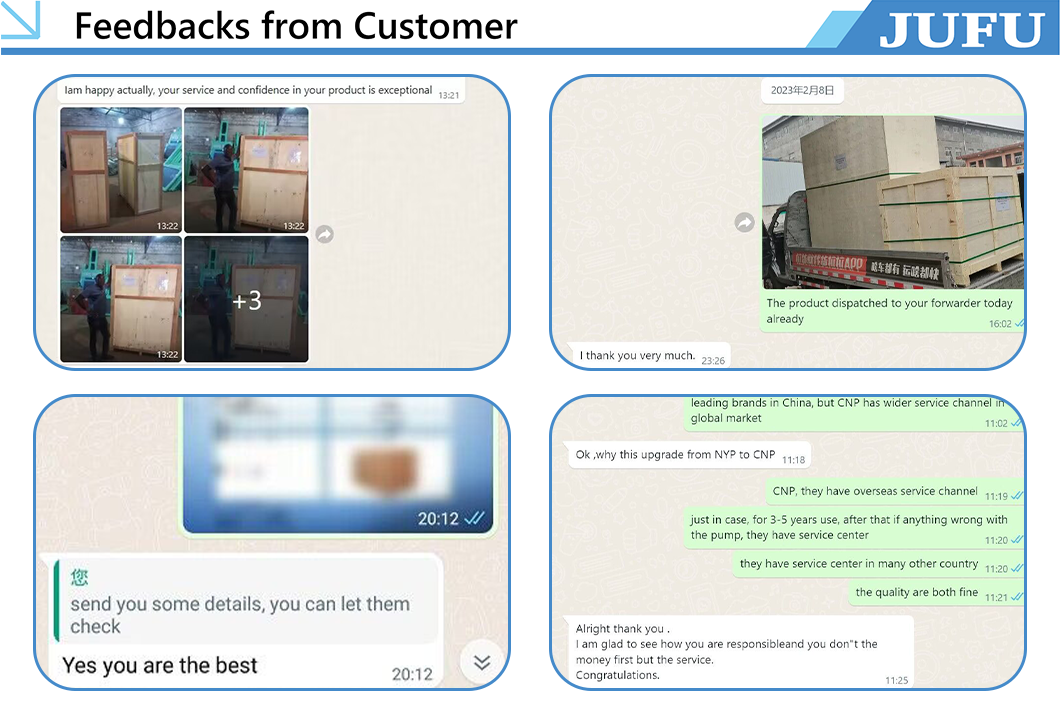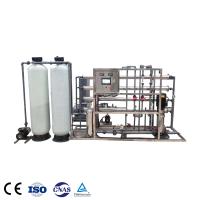Jufu Water is a Hi-tech enterprise which specialized in integrating Research
& Development, Manufacturing, Sales, Engineering installation and
Consulting on water treatment and water purification equipment and
technologies.
Jufu has strong power on know-how solution providing. The water
business including water and wastewater treatment equipment supply,
industrial process water, recycling and reuse solutions.
The main category of the products not limited to:
Ultrafiltration equipment, Nano-filtration equipment, Reverse
osmosis equipment, EDI electric desalination equipment, Direct
piped drinking water equipment, Medical purified water equipment,
Water softening equipment, MBR integrated wastewater treatment
equipment, Waste permeates treatment equipment.
Jufu Water Tech has supplied our water purification and water
treatment equipment products and service to more than 30 provincial
and cities in China domestic market based on our reliable quality,
reasonable price and perfect after-sales service network. With the
aim of “Water Treatment Equipment Expert Worldwide!”, Jufu has
successfully promoted its product into the global Water
purification and water treatment field. Right now products from
Jufu has successfully access to Southeast Asia, Middle East, South
American and Africa market.
In the future, Jufu will continue to move forward with relentless
efforts, and actively advocate "Safe, Clean and Pure" to achieve
business vision of being a Top-class Water purification and water
treatment products manufacturer, and an excellent Water engineering
service provider
















